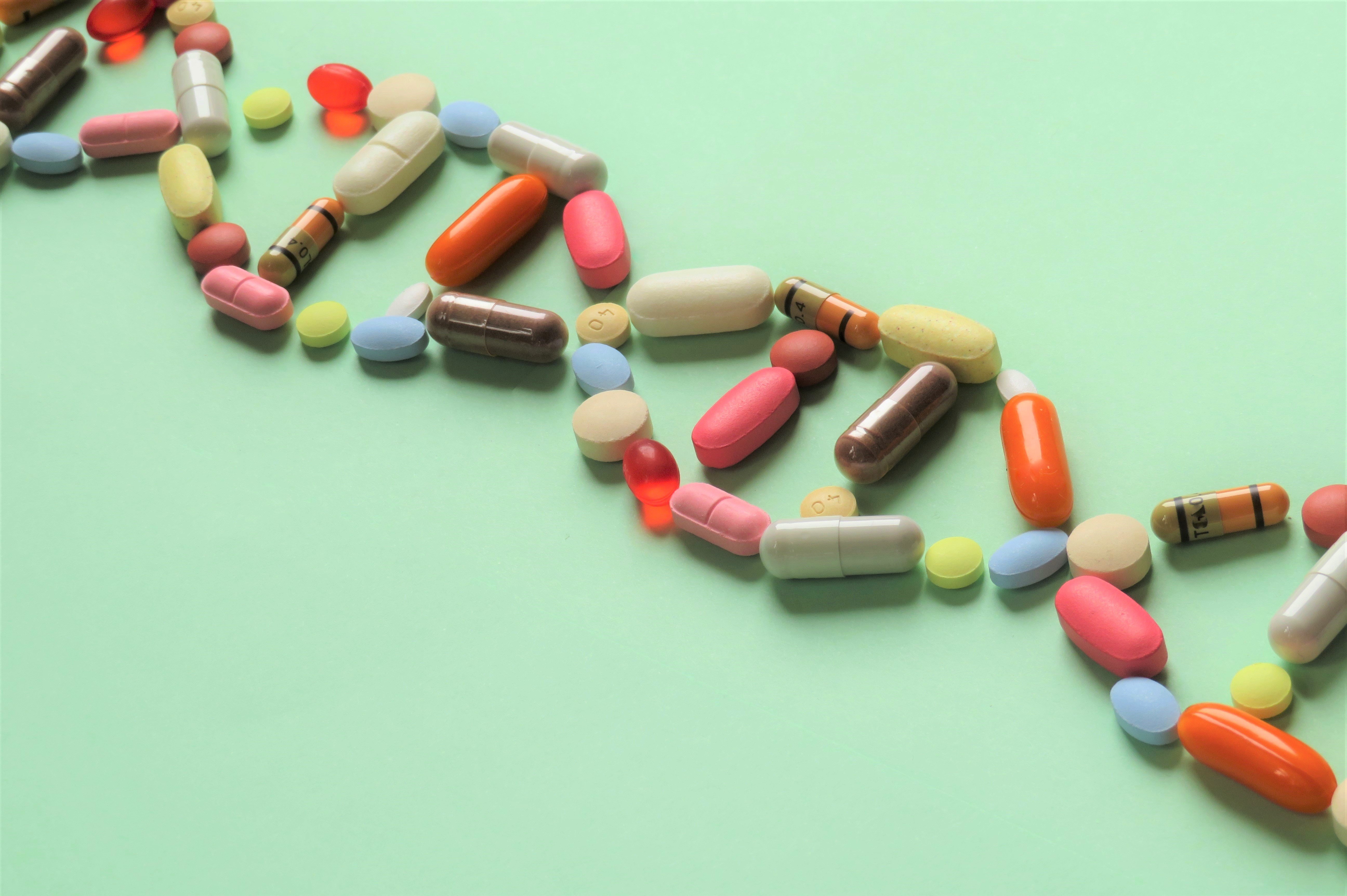
(Vienna/Leiden et al., 03 February 2023) An international research group, including scientists from MedUni Vienna and led by Leiden University Medical Center, has found that patients have 30% fewer serious side-effects when the drug dose is adapted to their DNA. The study, published in "The Lancet", is the first to demonstrate the practical application of prescribing drugs based on a person's genetic information.
The "one-size-fits-all" approach in prescribing is now outdated. Due to differences in our genetic information, we may all respond differently to a particular drug. For example, some people process drugs more quickly than others and therefore require a higher dose to achieve the desired effect. Personalised treatments are therefore preferable. To facilitate this, Matthias Samwald's research group at the Institute of Artificial Intelligence at MedUni Vienna has developed a "DNA drug passport". This passport links the genetic profile of the respective patient with drugs whose effect is influenced by the DNA. By scanning the passport, doctors and pharmacists can determine the optimal dose of medication for the individual they are treating.
Standard dose versus adjusted dose
The Lancet study found that patients using the drug passport, whose doses had been adjusted to suit their DNA, had 30% fewer serious side-effects than patients prescribed a standard dose of the drug. For this study, around 7,000 patients from seven European countries were examined in various medical specialties, including oncology, cardiology, psychiatry and general medicine.
All participants were prescribed a drug whose processing is genetically influenced. The DNA of all patients was firstly mapped. The researchers then examined twelve specific genes. It was found that 50 types of gene variants influenced the effect of the 39 selected drugs. Up to twelve weeks after starting treatment, patients were contacted by a specially trained nurse, who asked them about their side-effects, such as diarrhoea, anaemia, nerve pain, or loss of taste.
DNA drug passport holders not only experienced fewer side-effects, but also expressed high levels of satisfaction with the passport itself. According to the researchers, the passport makes patients feel more in control, because they are actively involved in their personalised treatment.
"For the first time, we have demonstrated that a "tailored" strategy works on a large scale in the clinical setting. We now have enough evidence to start implementing it," says Henk-Jan Guchelaar, Professor of Clinical Pharmacy at Leiden University Medical Center.
The goal of the international project "Ubiquitous Pharmacogenomics" (U-PGx), funded by a grant from the European Commission's Horizon 2020 programme (No. 668353), is to make effective treatment optimisation via pharmacogenetic tests accessible to European patients.
The U-PGx consortium was led by Leiden University Medical Center and comprises the following additional institutions: Medical University of Vienna, Uppsala Universitet, University of Liverpool, Karolinska Institutet, Biologis, KNMP, UMC Utrecht, Golden Helix Foundation, Institut für Klinische Pharmakologie in Stuttgart, Centro di Riferimento Oncologico Aviano, University of Patras, Junta de Andalucía, Université de Toulouse, Universitätsklinikum Aachen, Univerza v Ljubljani.
MedUni Vienna's project leader was Matthias Samwald from the Center for Medical Statistics, Informatics and Intelligent Systems/Institute of Artificial Intelligence. Part of the clinical trial was conducted under the direction of Gere Sunder-Plassmann at the Department of Medicine III.
Publication: The Lancet
A 12-gene pharmacogenetic panel to prevent adverse drug reactions: an open-label, multicentre, controlled, cluster-randomised crossover implementation study
Jesse J Swen, Cathelijne H van der Wouden, Lisanne EN Manson, Heshu Abdullah-Koolmees, Kathrin Blagec, Tanja Blagus, et al.
Published: February 04, 2023 DOI:https://doi.org/10.1016/S0140-6736(22)01841-4